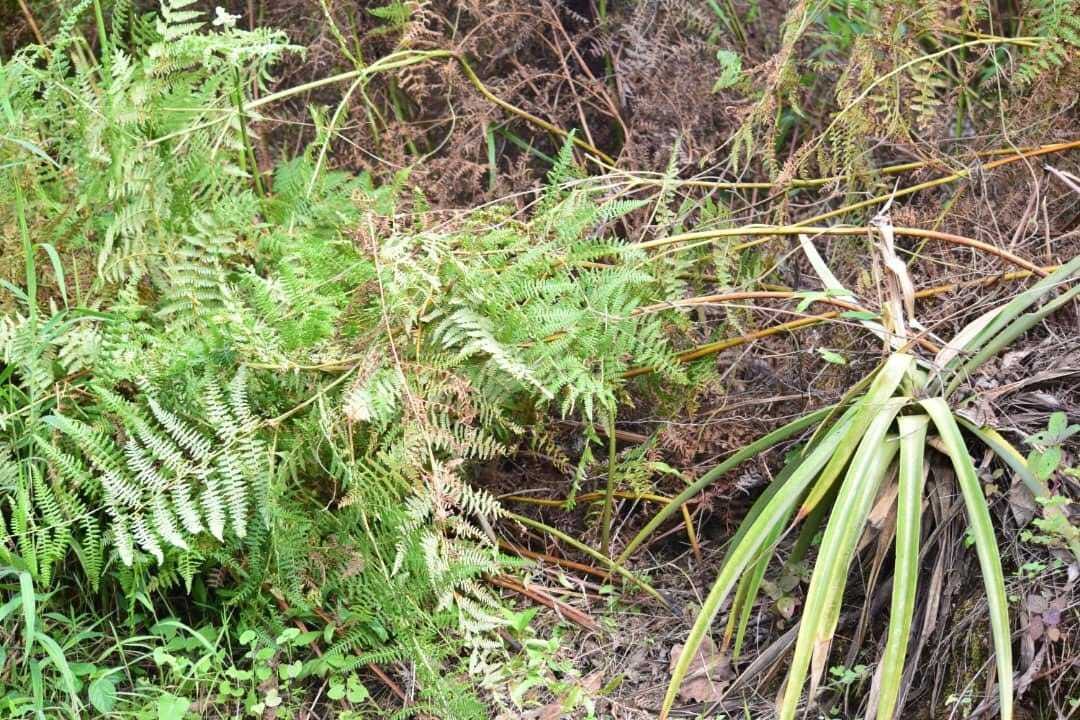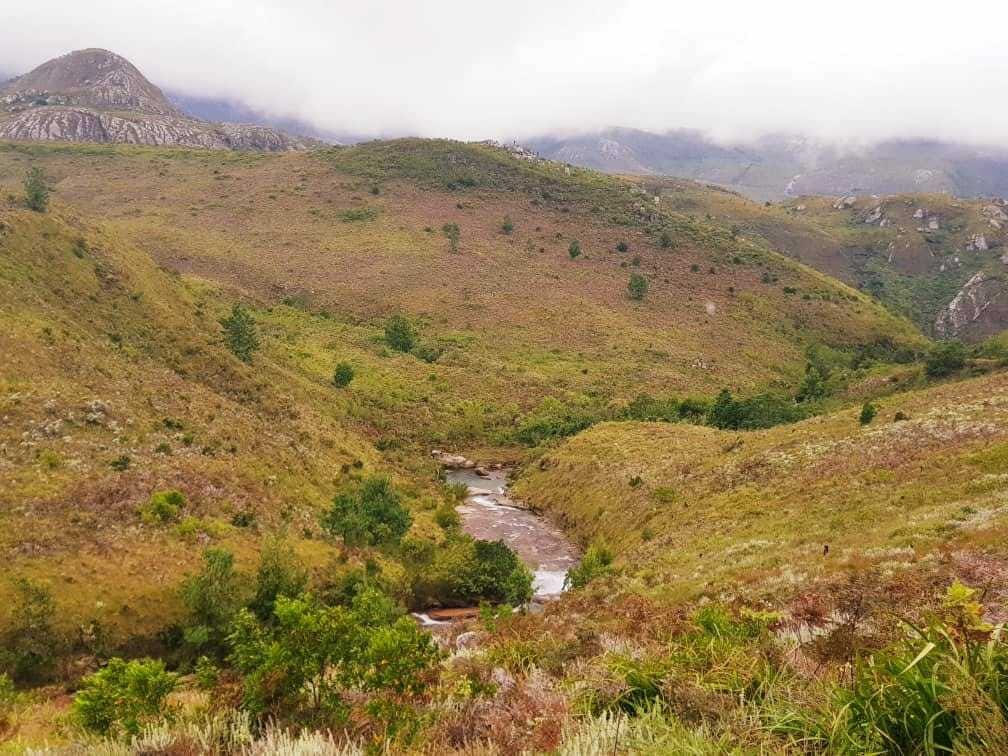
MALAWI: Recognizing the threat that invasive alien species pose to the environment and human well-being, the Mulanje Mountain Conservation Trust (MMCT) has set aside funds for a management project aimed at reducing invasive alien species in order to conserve globally significant biodiversity in Malawi.
Invasive alien species are introduced organisms that become overpopulated, causing environmental damage and making it difficult for other species to thrive.
According to Ibrahim Mitole, MMCT's Programme Officer for Biodiversity Conservation, Research, and Monitoring, the program to manage invasive alien species at Mount Mulanje Biosphere Reserve is critical in contributing to sustainable biodiversity management for the benefit of surrounding communities and beyond.
He said: "Mulanje Mountain biosphere reserve and agro-ecosystems in Malawi are among the protected environments affected with effects of invasive alien species, hence, the need to upscale efforts to prevent new invasions and reduce the current impacts."
In his remarks at the Nessa community in Mulanje, Samuel Elia stated that invasive alien species have also affected fields in communities surrounding the Mulanje Mountain Biosphere Reserve.
"As such, farm crops such as maize fail to grow where these plants have taken lead," he observed.

Meanwhile, MMCT is collaborating with the Department of Environmental Affairs to achieve outcomes such as improved management effectiveness of protected areas and frameworks for preventing, controlling, and managing invasive alien species, among other things.
Blacken Fern, Common Lantana, and Silverleaf Desmodium are among the invasive alien species found at Mulanje Mountain Biosphere Reserve.
The invasive alien species management project began in 2018 and is expected to last until 2023.